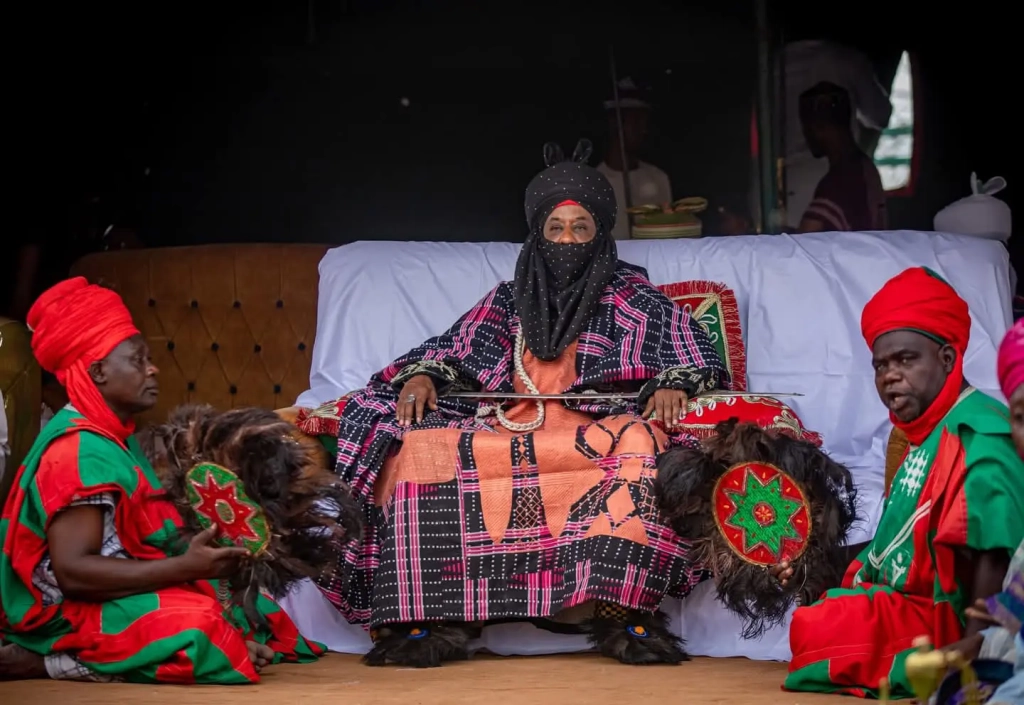The 16th Emir of Kano, Muhammadu Sanusi II, has delivered a forceful condemnation of violence against women, asserting that such actions directly contradict Islamic principles. Speaking at his palace in Nigeria’s historic northern city on Monday, the influential traditional ruler addressed representatives from the Development Research and Project Center (dRPC) and Bayero University’s Center for Islamic Civilisation and Interfaith Dialogue (CICID), who visited as part of a Ford Foundation-backed initiative to engage Muslim leaders in combatting gender-based violence across northern Nigeria.
“I do not believe in beating women, and those who do are not acting to reform them,” Sanusi stated, drawing a clear line between discipline and abuse. He expressed particular concern over escalating physical harm inflicted on women under the guise of moral correction, noting, “What we see today goes beyond reprimand—it involves severe beatings and injuries masked as rehabilitation.” The emir warned that traditional leaders in his jurisdiction face dismissal if found perpetrating or enabling such violence, stressing that their authority carries an obligation to protect women’s rights.
The gathering builds on wider efforts to address cultural practices in northern Nigeria that disproportionately affect women and girls, including forced marriages and physical punishments often justified as religiously sanctioned. Sanusi, a former Central Bank governor known for his advocacy on social issues, framed his position within Islamic teachings: “Violence against women cannot be reconciled with our faith, no matter the rationale.” His statement amplifies growing calls from moderate Muslim scholars to reinterpret traditions through a lens of gender equity.
The Ford Foundation-funded program, facilitated by academic and civil society groups, seeks to mobilize religious figures as advocates against systemic gender violence—a challenge heightened by cultural norms and limited legal recourse in parts of the region. With over 30% of Nigerian women reporting physical violence by partners, according to national surveys, initiatives targeting community leaders aim to shift attitudes and enforcement at local levels.
As a custodian of both tradition and Islamic scholarship, Sanusi’s stance carries weight in Kano, a state governed by Sharia law since 2000. His remarks underscore rising tensions between conservative interpretations of religious doctrine and demands for gender justice, positioning cultural institutions as potential catalysts for change. The warning to titleholders also signals a rare enforcement mechanism within traditional power structures to hold leaders accountable, blending customary authority with modern human rights discourse.
